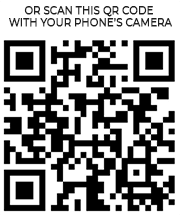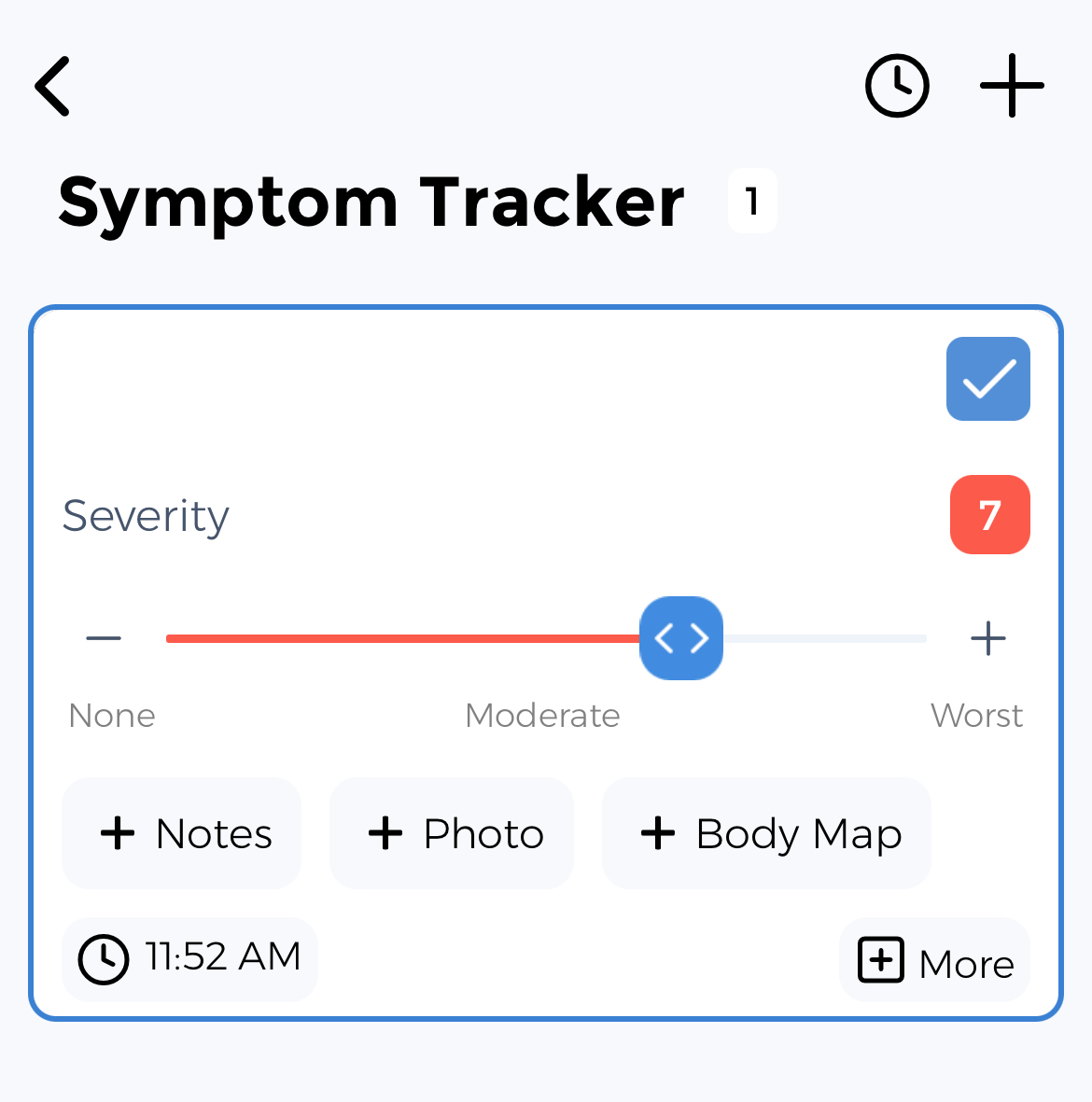Cervical Radiculopathy Symptom Tracker: Your Health Assistant
Living with Cervical Radiculopathy means dealing with neck pain, arm pain, shoulder pain, and more. But here's the truth: Data is your most powerful tool. Every logged symptom reveals patterns—so you can take informed action.
Cervical radiculopathy is a condition where a nerve root in the cervical spine becomes compressed or irritated, causing pain, weakness, or numbness radiating into the shoulder, arm, and hand. Common causes include herniated discs, bone spurs, or spinal stenosis. Tracking symptoms, triggers, and treatment responses helps optimize management strategies.
Key Cervical Radiculopathy Symptoms You Should Track
Struggling with symptoms like these? Tracking them reveals patterns, triggers, and how they impact your daily life.
Neck pain
Arm pain
Shoulder pain
Numbness in arm or hand
Tingling sensation
Weakness in arm or hand
Decreased reflexes
Headaches
Pain when moving neck
Muscle spasms
Decreased grip strength
Difficulty with fine motor tasks
Track Your Cervical Radiculopathy Treatments
Tracking how these common treatments affect your symptoms can help you and your healthcare provider optimize your care plan:
Our tracker helps you monitor when you take medications and how they affect your symptoms over time.
Standardized Cervical Radiculopathy Assessments
Complete these evidence-based assessments in the App to measure your severity and monitor your progress:
⚡ Knowledge Is Your Superpower
The difference between feeling overwhelmed by Cervical Radiculopathy and feeling in control starts with data. When you track your symptoms, you transform uncertainty into clarity. Every data point brings you closer to understanding your unique patterns.
It's free to try for anyone—whether you're managing your own condition, supporting a child, helping an aging parent, or assisting a partner. Our tracker adapts to your specific role in the health journey.
How the CareClinic Cervical Radiculopathy Symptom Tracker Adapts to Your Needs
Adults
Caregivers
Parents of Children
Young Adults
Your Complete Cervical Radiculopathy Management Toolkit
Uncover Patterns & Insights
Map your Cervical Radiculopathy symptoms like a detective solving a case.
Understand Your Medication's Impact
Turn guesswork into strategy. See how treatments affect your well-being with clear health insights.
Objectively Measure Your Progress
Use clinically validated tools to objectively measure your progress.
Other Tools You May Like...
Plus 4 more specialized tracking tools available
Access All Tracking ToolsAlso Supports Other Conditions Like
Cervical Strain Tracker
Cervical Strain warriors use our tracker to monitor neck pain, neck stiffness.
Herniated Disc Tracker
Herniated Disc warriors use our tracker to monitor back pain, leg pain.
Fibromyalgia Tracker
Fibromyalgia warriors use our tracker to monitor widespread pain, fatigue.
Multiple Sclerosis Tracker
Multiple Sclerosis warriors use our tracker to monitor fatigue, walking difficulties.
Success Stories from Our Community
"This tracker doesn't just collect data - it provides insights. I figured out that My pain when moving neck was actually worse on stress days, which helped me make better daily decisions."
"I'm not tech-savvy, but this tracker was easy to use even for me. The sleep position tracker helped me track how different medications affected my pain when moving neck, which helped me stopped blaming myself for symptoms."
Take Control of Your Cervical Radiculopathy Journey
Transform from feeling like a passive patient to becoming an informed self-advocate. Join thousands who've discovered new insights about their condition.
Designed by people who understand the daily challenges of managing chronic conditions, we're here to support you and your ❤️ ones.
Download Your Cervical Radiculopathy Tracker NowYour Data is Protected
Private & Secure
HIPAA Compliant
GDPR Compliant
Never Sell Data
Your data is yours: You get full control over who can view your information. CareClinic keeps all your data secure and encrypted.
References based on studies by:

